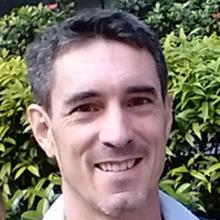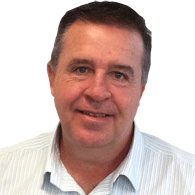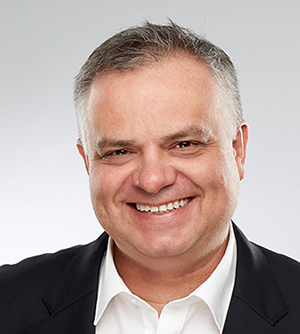Get Wet Surf School and Local Tickets win tourism acclaim
QUEENSLAND Tourism Industry Council (QTIC) has named Get Wet Surf School on the Gold Coast and Townsville-based online ticketing provider Local Tickets as the state’s most innovative tourism small businesses.
The 2015 QTIC Prize for Innovation in Tourism – supported by the Queensland Government, Qantas and EarthCheck – was launched three years ago to encourage and acclaim Queensland tourism’s most vital growth sector – micro and small-to-medium businesses. 
Get Wet Surf School was acclaimed for its innovative program to assist Chinese visitors become accustomed to the ocean and, often, learning to surf.
QTIC chief executive Daniel Gschwind said the judging panel chose Get Wet Surf School because the organisation’s business model was sound, well-researched, repeatable, and adaptable by other similar businesses.
“Get Wet Surf School introduced a clear, concise and repeatable innovation research process that enabled the business to review how they engaged with Chinese tourists and investigated how to further increase their market share of the leisure sector,” he said.
“Through collaboration with Griffith University, Get Wet Surf School introduced an International Visitor Management Process to ensure visitors had the best leisure experience possible with lasting positive memories.
“These behaviour management techniques focused on managing Chinese visitors’ ‘fear’ of the surf and instilling knowledge of the beach environment and how surf water is formed. This helped boost the confidence of Chinese visitors and created a safer environment.”
Get Wet Surf School won $30,000 worth of business support and other prizes, including membership in the Australian Institute for Commercialisation’s Velocis development program, and a dedicated public relations case study by QTIC. EarthCheck was awarded membership of the EarthCheck International Certification program, valued at $3,800.
Mr Gschwind highlighted Get Wet Surf School’s and Local Tickets’ efforts to foster innovation within the tourism industry to support growth of the sector.
“The QTIC Prize for Innovation in Tourism is an opportunity for Queensland tourism businesses to be publicly acknowledged for their dedication to develop products, services or processes designed to drive the industry forward,” Mr Gschwind said.
“Tourism contributes $23 billion in expenditure to the Queensland economy and employs 241,000 people. The QTIC Prize for Innovation in Tourism reinforces the importance of continually innovating to drive a competitive industry.”
The 2015 QTIC Prize for Innovation in Tourism was judged by a panel comprising Ron Apelt from the Department of Tourism, Major Events, Small Business and the Commonwealth Games; Professor Trevor Grigg from Carisgold and Tim Eldridge from the Innovation Centre Sunshine Coast.
In addition to Get Wet Surf School and Local Tickets, other outstanding tourism businesses that entered the 2015 QTIC Prize for Innovation in Tourism included:
Capricorn Caves (QTIC member)
Childers Eco-Lodge (QTIC member)
Dreamtime Learning and Hotel Noorla Resort (QTIC member)
Flyboard Cairns (QTIC member)
Fun Over Fifty (QTIC member)
First Coat Festival
Straddie Camping (QTIC member)
Sutton’s Juice Factory and Cidery
The Goldfields Hotel and Finnigan’s Rest.
* The announcement of the QTIC Prize for Innovation in Tourism coincided with the global observance of World Tourism Day on September 27 to highlight tourism’s social, cultural, political and economic value. QTIC has acknowledged the contribution of its program partners the Department of Tourism, Major Events, Small Business and Commonwealth Games (Queensland Government), Qantas and EarthCheck.
QTIC is the peak industry body for tourism in Queensland, acting as 'The Voice of Tourism'. QTIC is a private sector, membership-based organisation which, since 2001, has worked to influence and shape the state’s tourism business environment.
ends












